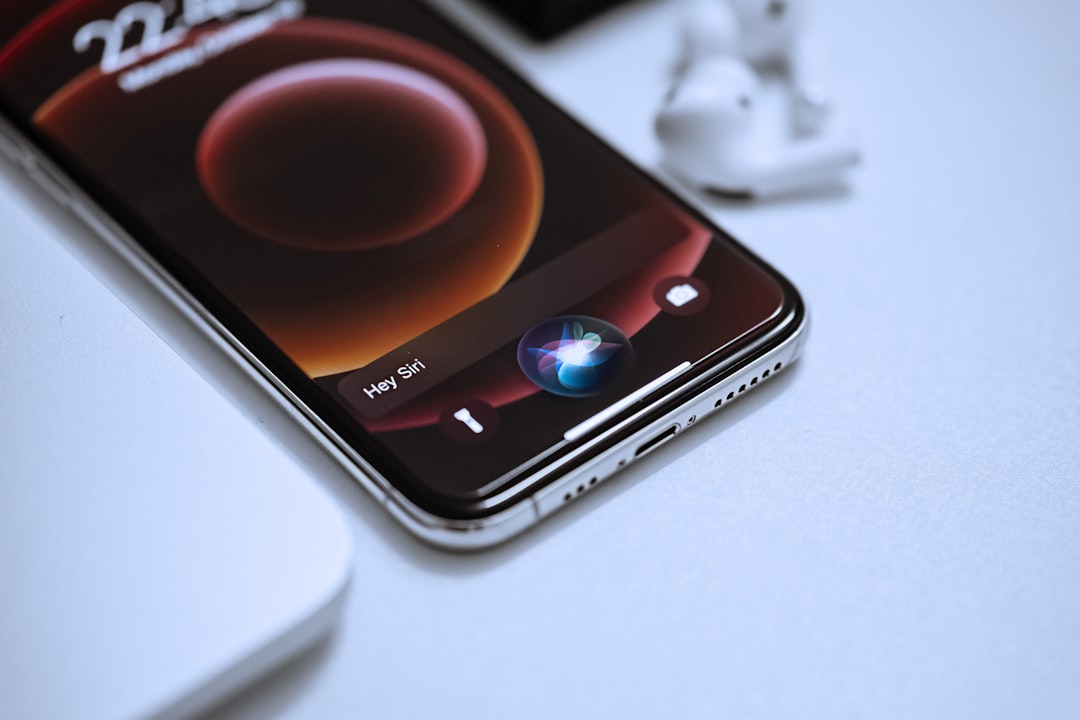Robocalls disrupt patient care and efficiency in Chicago's healthcare sector, leading to confusion and added work for providers. Robocall attorneys Chicago specializing in telecommunications law help medical practices prevent unauthorized calls, mitigate issues, and reclaim control of communication channels, reducing financial losses and enhancing security.
“Robocalls, while a common nuisance, can have significant financial implications for healthcare providers in Chicago. This article delves into the rising costs associated with unsolicited automated calls targeting medical practices, exploring their impact on patient care and operational efficiency. We examine the legal landscape surrounding robocallers and discuss strategies for providers to mitigate these expenses. By understanding the tactics of robocall attorneys in Chicago, healthcare organizations can better protect themselves and reduce the financial burden these calls present.”
Understanding Robocalls and Their Impact on Healthcare

Robocalls, automated phone calls that deliver pre-recorded messages, have become a ubiquitous part of modern communication, often used for marketing purposes. However, their prevalence in the healthcare sector has raised significant concerns among Chicago’s medical professionals. These robocalls can disrupt patient-doctor relationships and impact the efficiency of healthcare services. When used for advertising or appointment reminders by law firms targeting robocall attorneys Chicago, they may inadvertently cause patient confusion and create additional administrative burdens for healthcare providers.
The impact extends beyond mere irritation; missed calls or inaccurate information from automated systems can lead to delayed patient care and potential safety risks. Healthcare providers, already burdened with extensive documentation and time-sensitive responsibilities, must now dedicate resources to managing these unwanted calls. This distracts them from direct patient care, potentially affecting the quality of services rendered. Understanding this growing issue is crucial for implementing effective strategies to mitigate the negative effects of robocalls on Chicago’s healthcare system.
Legal Implications for Robocallers Targeting Medical Practices in Chicago

In Chicago, as across the nation, medical practices face a growing challenge from unwanted robocalls, which can constitute a serious disruption to patient care and operational efficiency. These automated phone calls, often used for marketing or telemarketing purposes, are not only annoying but also have legal implications. Robocallers targeting healthcare providers must adhere to strict regulations to protect patients’ privacy and prevent fraudulent activities. Violations can lead to significant fines and other penalties.
For Chicago-based medical practices, seeking counsel from robocall attorneys is becoming increasingly important. Legal experts specializing in telecommunications law can guide healthcare providers on how to navigate the complex landscape of regulations, such as the Telephone Consumer Protection Act (TCPA). These attorneys can help protect practices from unauthorized calls and ensure they have the right strategies in place to mitigate future robocall issues, thereby fostering a more secure and efficient operational environment.
Mitigating Costs: Strategies for Healthcare Providers to Fight Back

To mitigate the costs associated with robocalls, healthcare providers in Chicago have several strategic options. One effective approach is to invest in advanced call screening and blocking technologies that can identify and automatically redirect unwanted robocalls. By implementing robust security measures, such as two-factor authentication and encryption, providers can further safeguard their systems from malicious calls.
Additionally, partnering with robocall attorneys Chicago who specialize in legal action against these fraudulent activities can prove beneficial. These experts can help develop tailored strategies to trace and sue the perpetrators, thereby reducing the financial burden caused by robocalls. By combining technological advancements and legal interventions, healthcare providers can reclaim control of their communication channels and minimize the associated costs.






